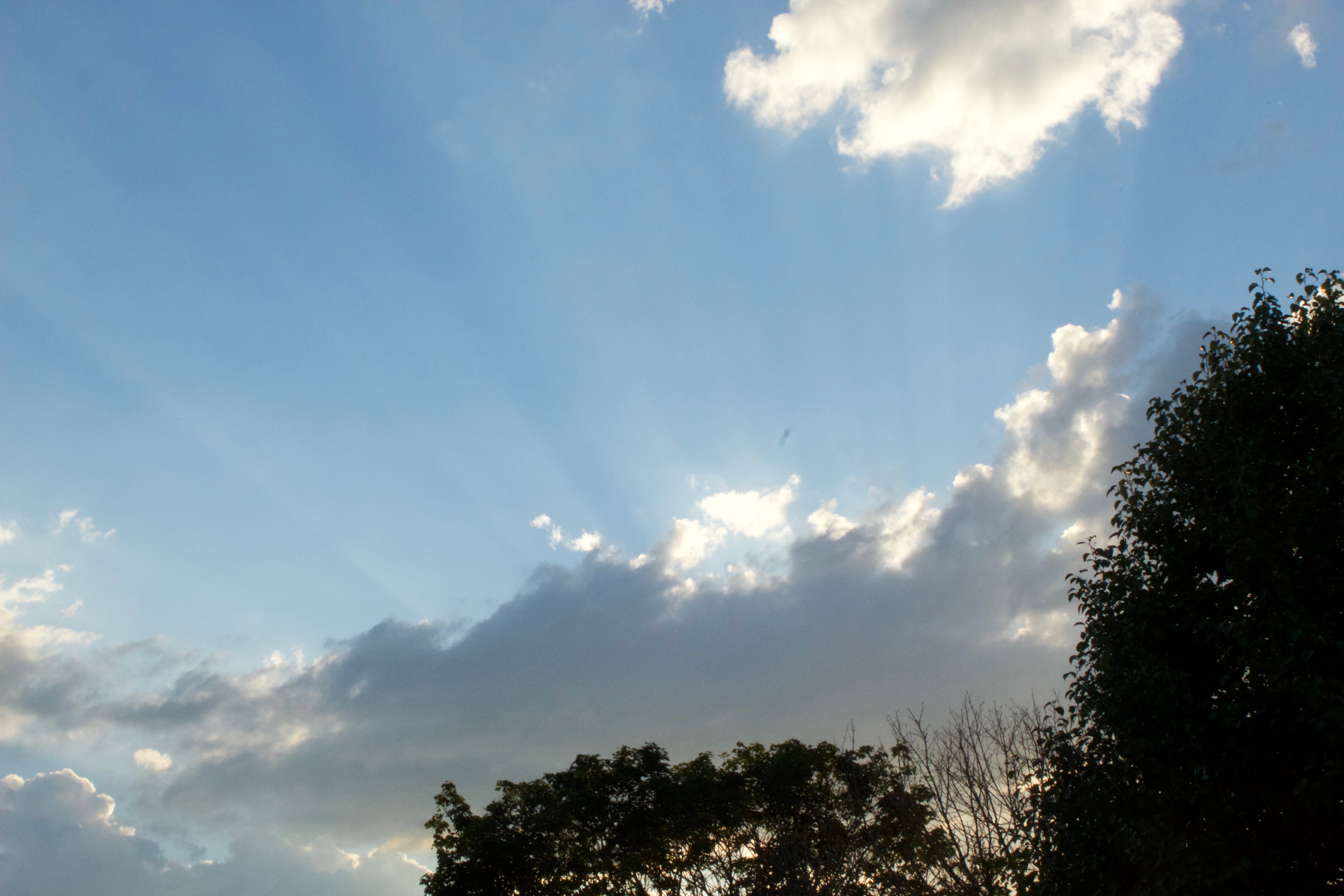Mechanical Hands

I stumbled across the lawn. It was silent here, beneath the emptied canopies of oak trees. The moon sat on a bank of clouds, high above the forest’s reach. Whiskey murmured in its decanter, and I tapped a shot glass against the bottle’s curved rim. I knew where John would be, but I took my time walking over to him. I wasn’t sure what there was to say. After everything, after waiting months to come home to me, he had left me.
I came to a stop where he lay. The oak tree’s branches whispered. I uncorked the bottle and poured myself a shot. The liquid torched my throat as it slid down. I cocked my hip and painted my face with a smile.
“Do you want to know a secret?” I asked. He didn’t answer; I tossed back another shot, grinned. “I know you do, so I’ll tell you. This is the last of your whiskey. I swiped it from that stupid liquor cabinet your uncle gave you.”
I hoped he’d say something – hoping against hope, against reality. I knew it was the alcohol. Whiskey always got to me in strange ways. And it wasn’t like he would ever talk to me again. I had heard his baritone voice for the last time. His words, his laugh, his irritating tongue cluck – they weren’t sounds for me anymore. His lips wouldn’t offer any more secrets.
“I know, I know. You were saving it for a special occasion – yadah, yadah – but what’s more special than this? You and me and a sky full of stars.”
I giggled, tapped my finger on my lower lip, and poured more whiskey.
“Here’s to me, sitting here with a stupid letter from a stupid boy I was stupid enough to love. Cheers.”
I clinked the glass against his tombstone. Whiskey sloshed over the side and splattered on the smooth marble face, streaks running over the engraved letters. John Avery. Nine letters etched into stone with a matching set of dates running below them. I wasn’t sure how an entire life could fit onto a two-by-two slab, but there it was, tied together with the words Beloved Son and Brother.
I had tried not to let that bother me. His parents insisted the folded flag at his funeral be given to me, and his car sat twenty yards away, bearing license plates registered in my name. But that one fact tickled my nerves, that in his death any proper acknowledgement of our relationship was gone.
My body swayed. All I wanted was to hear his voice, for the syllables of my name to bounce off his tongue. I remembered the pitch of his voice when he said it, how his tongue met his upper lip on the second syllable. I remembered the stir in his chest when he would wake up at night, my name a whispered question: Elena? I could remember these nuances, but a memory is only as accurate as we believe it is.
I tossed the shot glass aside, and in the absence of John, I knelt by his headstone. Whiskey had gathered in the loops of his name. Moonlight sparked on silver flints in the marble, a refraction of John’s ID tags. I drank from the bottle, allowed its pyramid-like texture to sink into the pads of my fingers. “You lied to me,” I said. “Those letters you wrote while you were gone, all the times you said you’d never leave again. You did, and all you left was another letter.”
I pulled the letter from my jacket. The right edge of the envelope was broken, a little alcove where my thumb had almost torn it open. The adhesive felt like an old sticker mark on a record cover. I settled back, allowed the stone’s frigidity to leak through my jacket. What was he thinking when he closed the seal? Did he know he was leaving, or was it really an accident?
Everyone called it a mistake – the coroner and his siblings and his parents. They said it was an accidental overdose. I wondered if I was the only one who saw the irony in that. The pills that were supposed to comfort him ended his life, carried him away like flower petals floating down a stream. It seemed oddly poetic – grotesque, but fitting, in some cosmically terrible way.
I had always thought that, if he died, it would be in combat. I was prepared for that, for the day I saw his face on the news. Whenever I heard someone mention his name or talk about lost soldiers, I saw double. When John came back, though, I thought those days of fear were over.
But I guess the worst wars we face are sometimes with ourselves.
